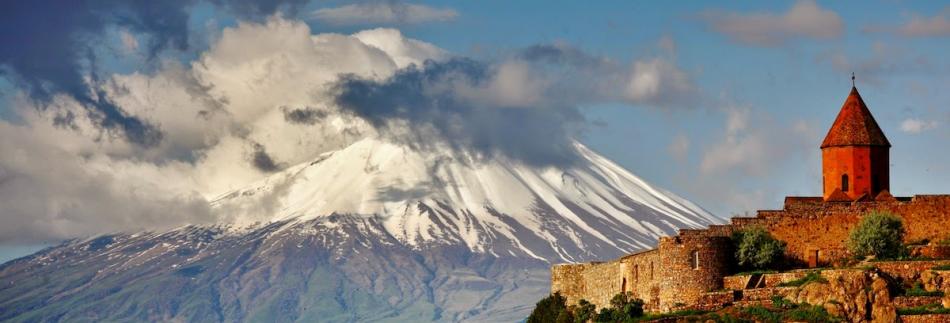
The line was unbelievably long. Person after person had queued up in the auditorium aisle for one very troubling purpose: to tell me that I was wrong.
I was 19 years old, and I had been invited to participate in a panel discussion at a symposium concerning the youth and the Armenian Church, on the occasion of 1700th Anniversary of Armenia adopting Christianity as a state religion. My involvement in the youth movement of the Western Diocese at that time had precipitated my involvement. It was really the only qualification I had that justified my role in the auspicious event. Remarkably, 15 years later, I still find myself speaking to large groups of people about the importance of the youth and their role in the church.
The thrust of my remarks that day, and the sentiment that got me on the wrong side of the audience was this: In the 1700 years since St. Gregory the Illuminator established Christianity in Armenia, our faith had preserved us, saved us. I believed that going forward, in order to safeguard our faith, the Church had to focus more on Christ, and less on national identity. I was sure that national identity and Christian identity were two different things, and the more we confused them, the more we failed in reaching out and preaching to the youth. My 19-year-old self loved Armenia and being Armenian, but I couldn't see how that had anything to do with the growth of our Christian faith. There were a lot of people who didn't agree with my 19-year-old self, and they weren't shy about saying so. But of course, being 19, I wasn't inclined to listen to them at the time.
It can be a profoundly positive experience to realize that you're completely wrong. In the intervening years, through study and experience, I've grown to appreciate just how fruitless and artificial it is to compartmentalize our national and spiritual heritage. Our faith has shaped our nation and our nation has shaped the expression of our faith. We are the beautiful product of both. The uniquely interwoven nature of this tapestry of identity gives rise to a living ideal that we can root firmly in our hearts, like the wise man from Jesus Christ's parable that built his house upon the rocks (Matthew 7:24).
For us in the diaspora, it can be all too easy to forget that the source of the wellspring of our faith springs forth from our Homeland, which bears the spirit of the Apostles and saints themselves. It is our blessed right to not only drink from that well and be revived from the anomy of society, but also protect and safeguard it for future generations.
This is why I'm proud that our parish answered the call to support the Republic of Nagorno Karabagh when Azerbaijan attacked in April, causing massive humanitarian suffering. Collectively, through individual donations and parish contributions we were able to raise nearly $24,000 for the Diocesan Relief Fund.
When we are called to rise to such occasions, we do so not because we're Armenian and not because we're Christian, but because we're profoundly both.
May the Lord always keep Armenia and Artsakh in lasting peace, and bless our diaspora to remain unshakable in the faith of its forefathers.
Rev. Fr. Mesrop Ash
Parish Priest